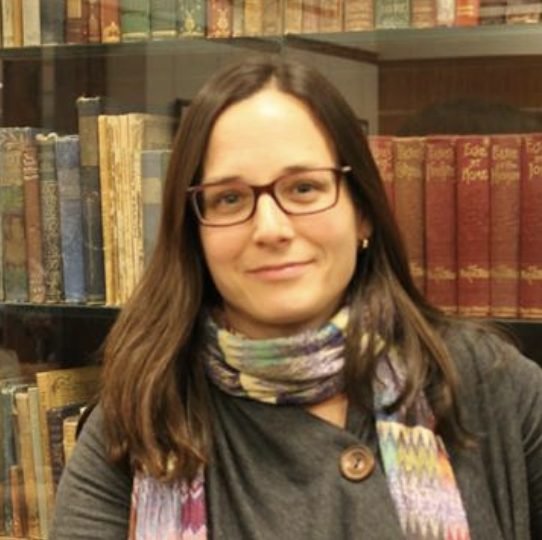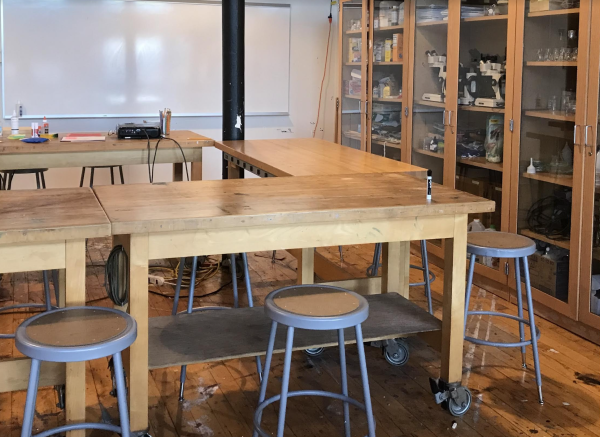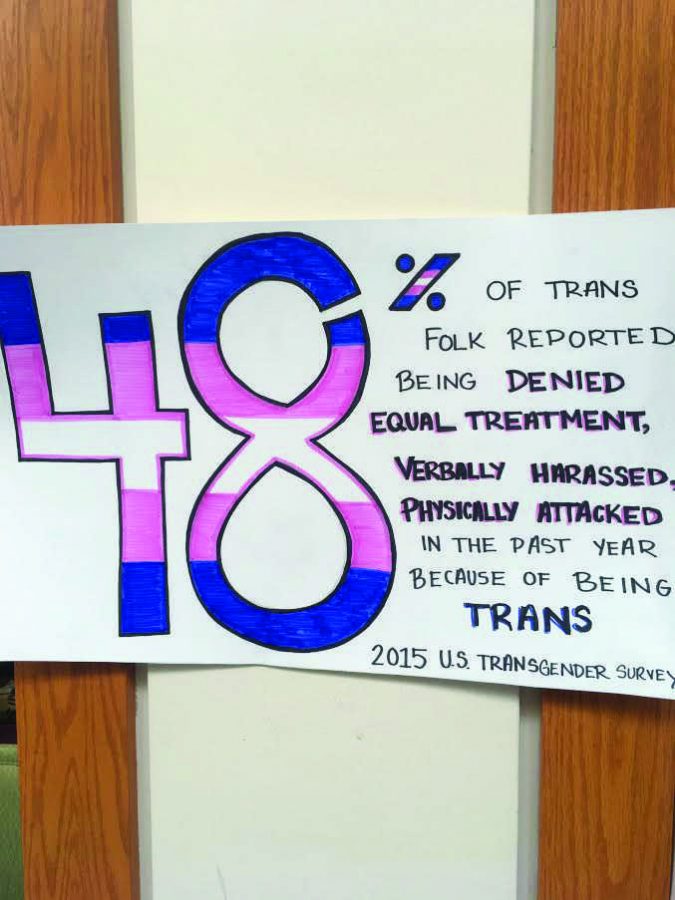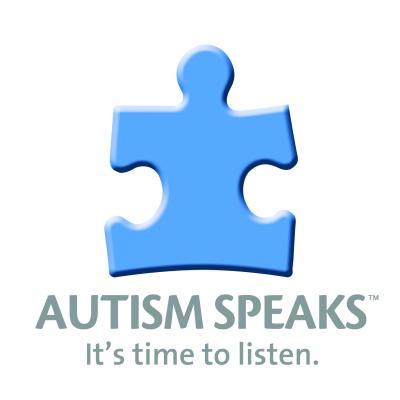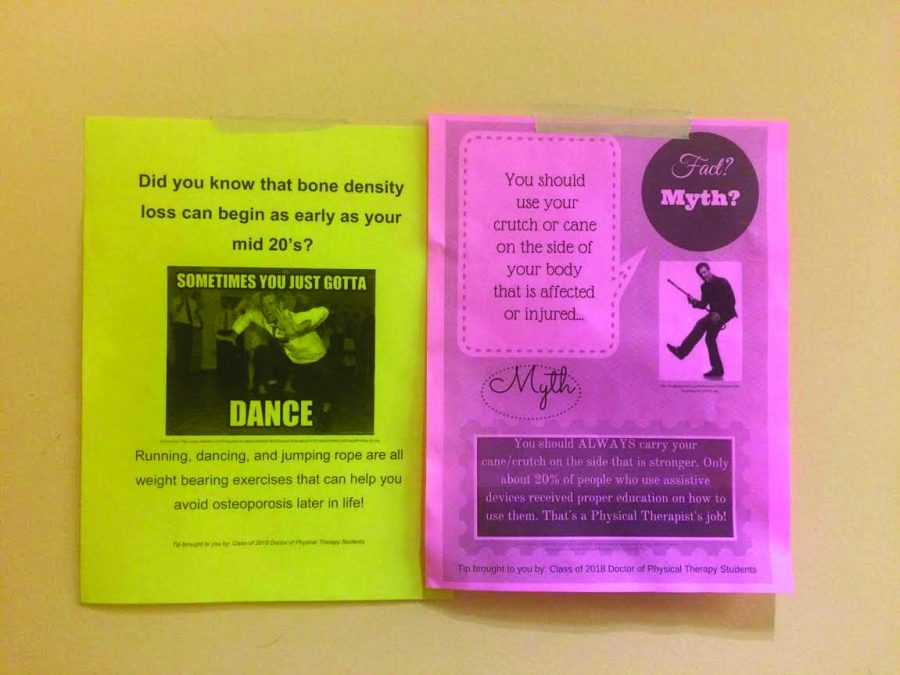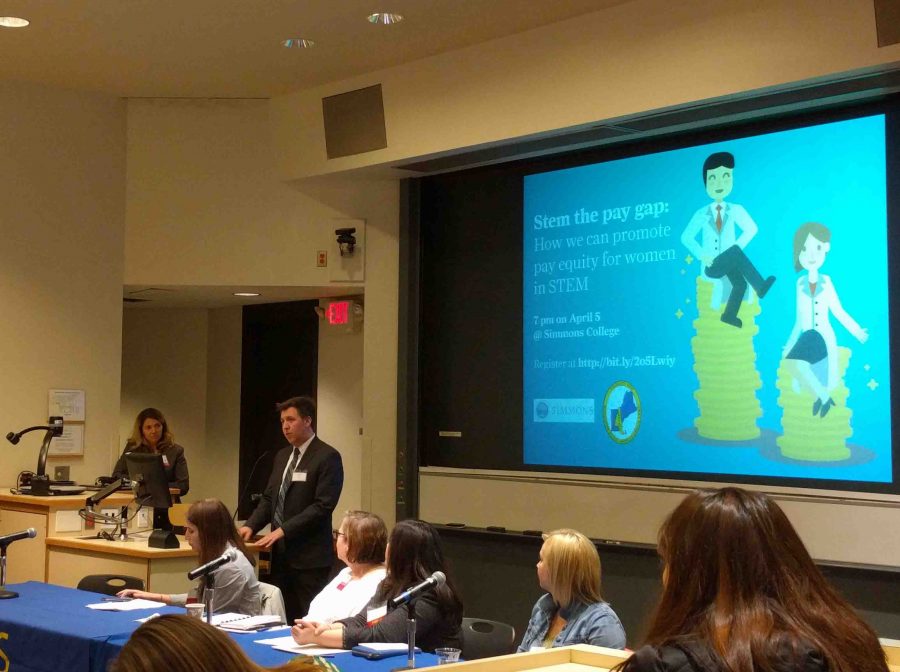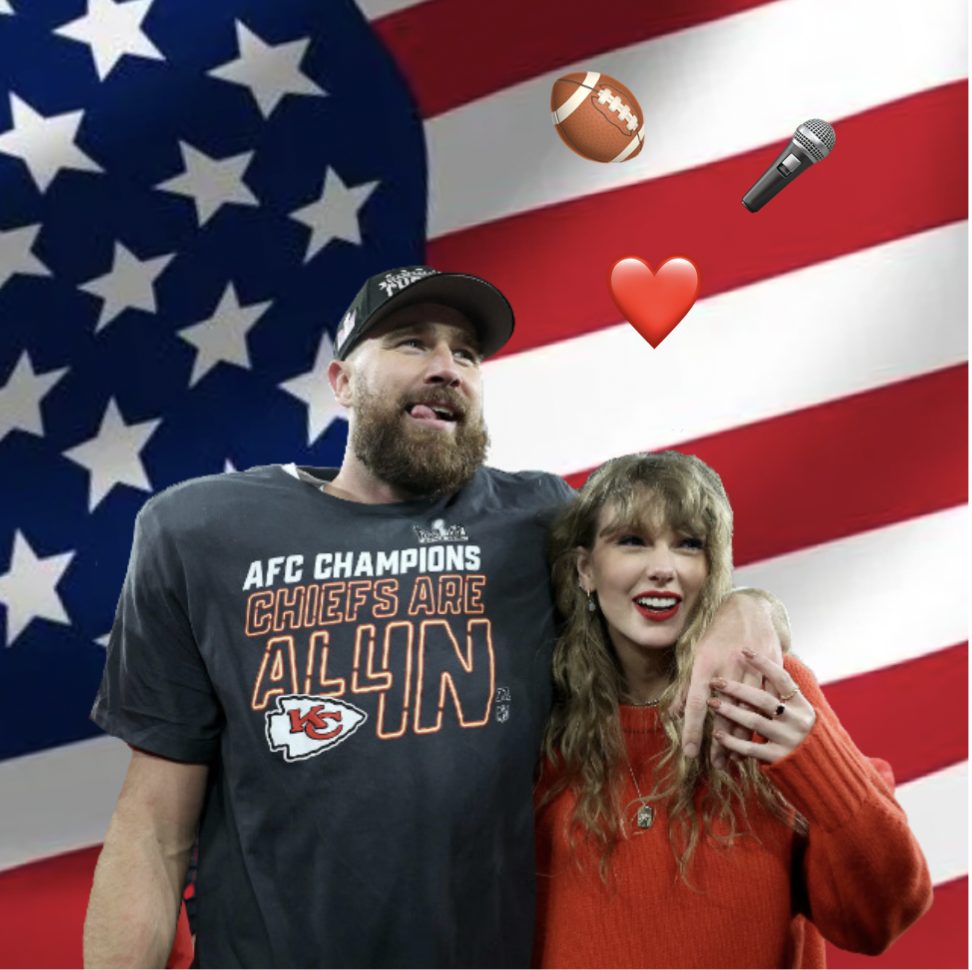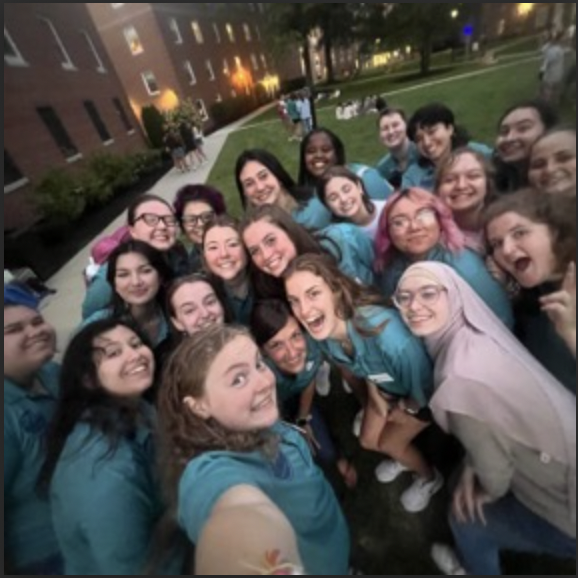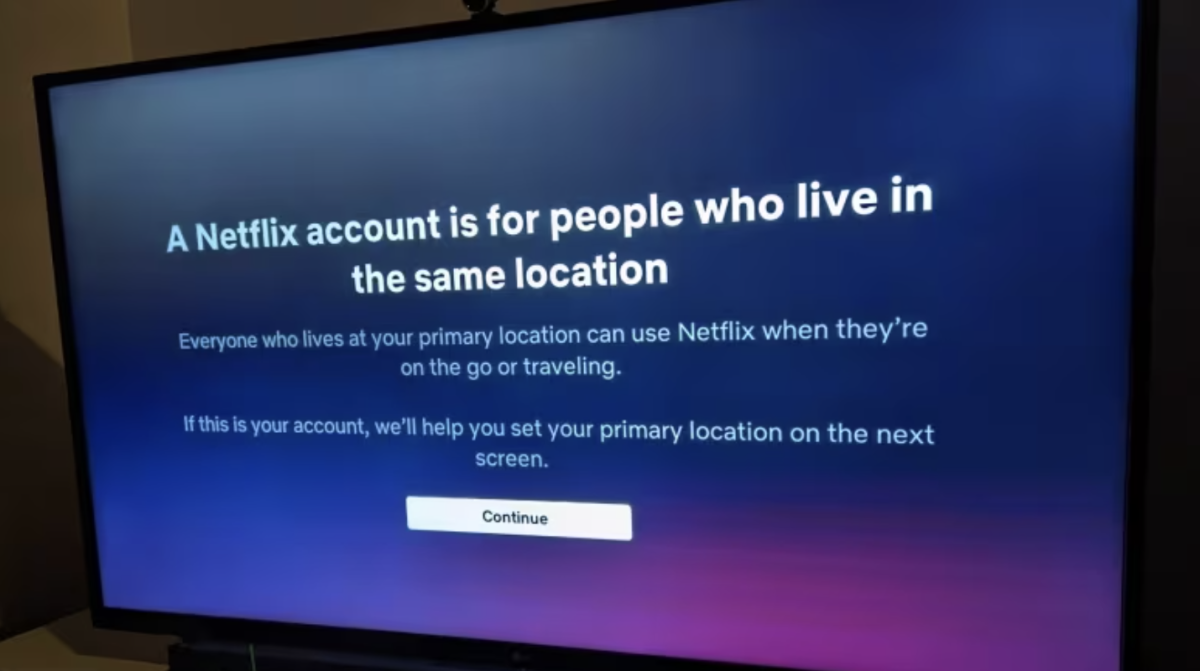April has been established as Autism Awareness Month, but the goal of raising “awareness” about autism is often misrepresented, and many organizations and individuals do not have autistic individuals’ best interests at heart.
Autism Speaks, an organization widely touted as highly visible and invested in supporting autistic people, is one such organization; Autism Speaks (often written as “Autism $peaks” by members of the autistic community) acts contrarily to base principles of activism by catering to the family, friends, and community members “impacted” by autistic individuals, rather than autistic people themselves, profiting from campaigns to search for a “cure” or to raise awareness about the purported difficulties that caretakers face.
Autism Speaks has a wide reach, but removes agency from autistic individuals and instead places responsibility for its initiatives on allistic (non-autistic) people. In fact, although the organization nominally champions support for autism care, research, and so on, not a single member of its board is autistic.
Furthermore, although AS ostensibly supports autistic people, only approximately 4 percent of its revenue is directed toward support; the remaining funds are directed toward other aspects of the organization’s operation.
Ultimately, Autism Speaks is harmful to the very community that people seem to believe it helps. Rather than advocating on the behalf of autistic people, or, better, including autistic people in administrative and activist structures, AS actually serves to dehumanize autistic people, children and adults alike, by portraying autism as a life-ruining “illness” with a significant negative impact—one that enforces the harmful stereotype that autism decreases the quality of life for families, caregivers, and friends.
However, activism must support the ongoing needs of a group of marginalized people and strive for justice with regard to what is most beneficial for that group, not for people who are outside of it; in this case, people who do not have autism should defer to the judgement, demands, and needs of autistic people in order to ensure a level of equality and respect in an interpersonal, societal, and legal sense.
In order to support autistic people, it is imperative to seek out resources and organizations which prioritize the experiences and needs of autistic individuals, rather than other people who traditionally get more airtime and sympathy, e.g., parents, siblings, and so on.
Autism remains underdiagnosed along many demographics, including women and girls, as well as people of color. The Autism Women’s Network provides support to autistic women, whose stories remain severely distanced from mainstream narratives about autism.
Another well-regarded organization is the Autism Self Advocacy Network (ASAN), which works to impact policy, and provide resources to people who wish to learn more about autism and self-advocacy.
ASAN is run by and for autistic people, and “seeks to advance the principles of the disability rights movement with regard to autism. ASAN believes that the goal of autism advocacy should be a world in which Autistic people enjoy the same access, rights, and opportunities as all other citizens.”
In contrast to parent-centered “activism” efforts, the Autism Women’s Network and ASAN center autistic people at the heart of their policy and advocacy work, thereby claiming the agency that other “advocates” prohibit.
This April, support autistic people by investigating progressive policies, improving public understanding, and ensuring that autistic people shape the autism advocacy narrative.






